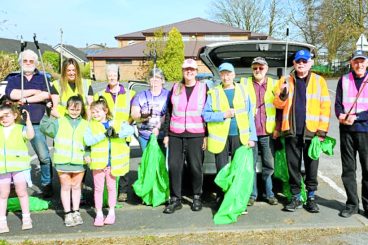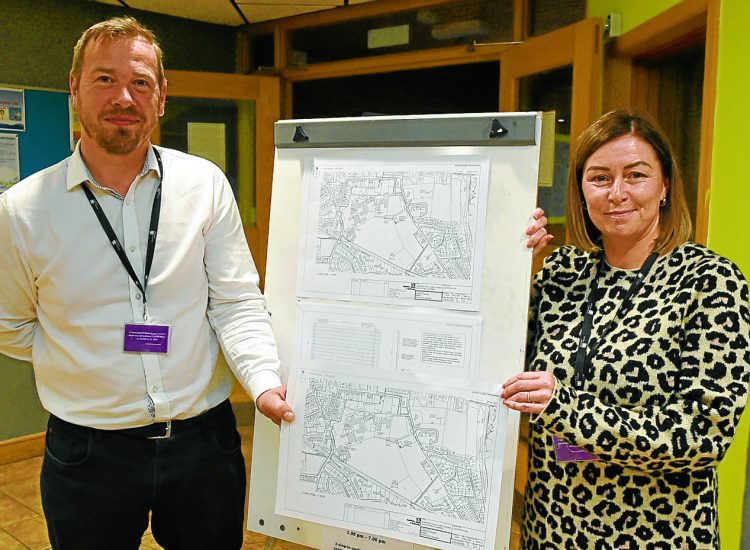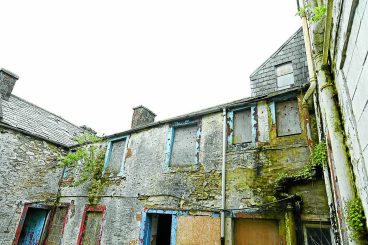In January Heath Chambers was turned down for retrospective planning permission for a static caravan he had located at Medea where he keeps a small herd of rare breed cattle.
He has now appealed on the grounds of livestock care and is arguing that he has no land at the home he leases from Annandale Estates in Johnstonebridge and thus has to regularly travel to Boreland to look after the Highland and Shetland cattle, which are kept on 20 hectares there.
His agent, Suzi Smith, has highlighted a supporting veterinary statement and says the planning officer didn’t fully understand the situation: “Since taking ownership of the land my clients have worked hard to improve the land and their cattle play an integral part in this by way of conservation grazing, she said. “Shetland Cattle are classed as an at risk breed.”
However, one objector has called on the local authority to “clamp down” on the unauthorised caravan and claims to have had a conversation with the applicant last year that it is a precursor to a house at the location, or a development of camping pods.
They added: “The caravan is quite simply an eyesore to the Twiglees area and should be dismantled.
“Their small herd of cattle don’t need 24 hour supervision.”
Robert Duncan was appointed to review the case for the council.
He concluded that grazing rare breeds is ‘admirable’, but said: “However, these activities are not considered to be a material consideration of sufficient weight to justify making an exception to policy.”
And he added: “The fact that the applicant has no land at the house they lease is not considered a mitigating factor sufficient to warrant a recommendation.
“It is also recognised that it is relatively commonplace for farmers to have small areas of land, such as this, situated remotely from their main residence or farm holding and which manage to operate effectively, adopting appropriate animal welfare practices and otherwise managing these areas without the need for temporary residential accommodation as this.”
Officials have further stressed that it has not been adequately demonstrated that a static caravan is essential at the location and added: “It is unclear as to why the cattle in question are located here and not simply moved to a place where they can be adequately supervised in accordance with the vets’ recommendations. Therefore, it is not considered that there is a genuine agricultural need for the temporary residential accommodation at this location.”
The final decision will be made by members of the local review body at a meeting next Thursday.
























